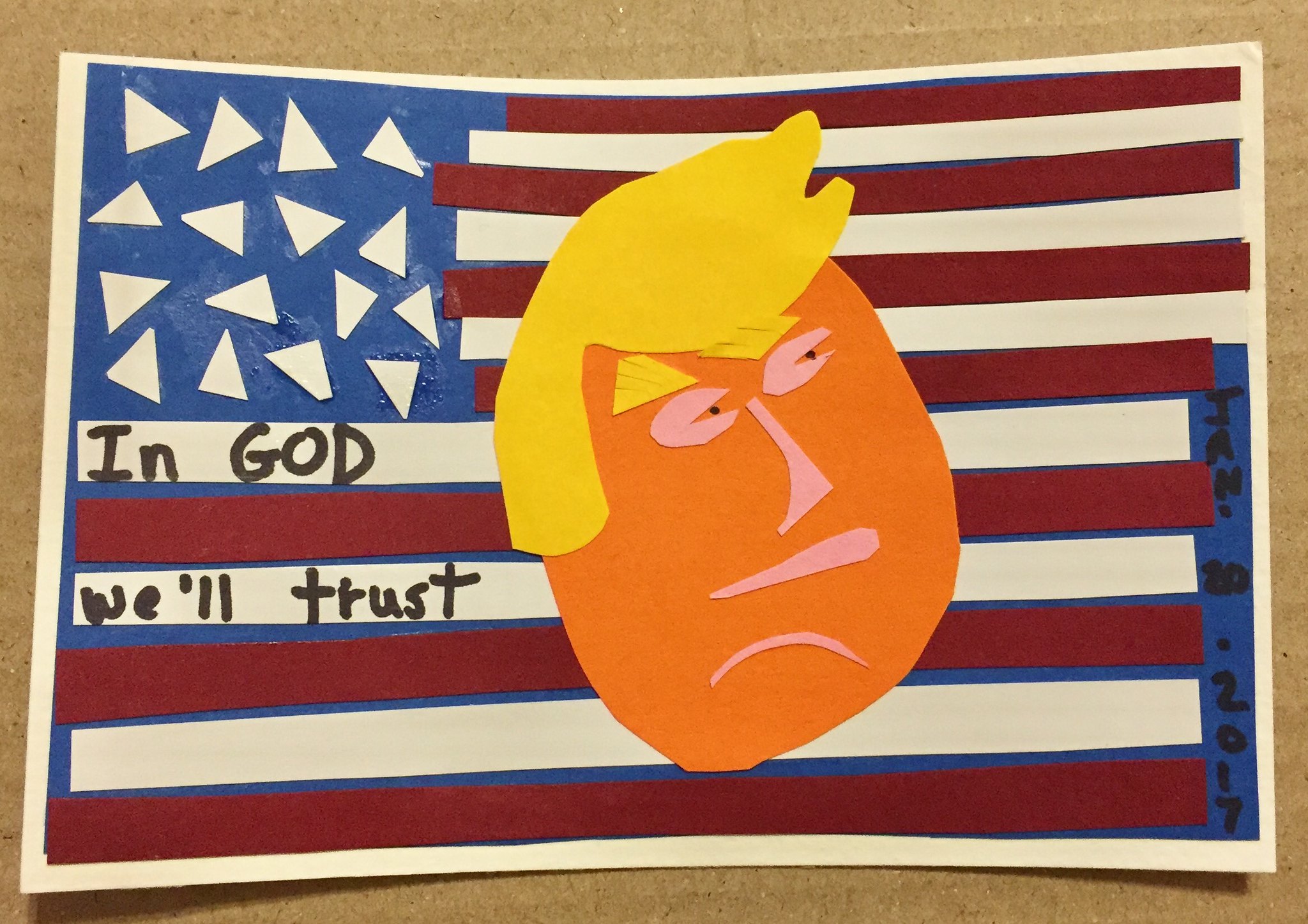Will Juror Behavior Affect the Verdict?
- The hush money case involving former President Donald Trump has taken an intriguing turn as concerns about a juror’s behavior come to light. Harry Litman, a former deputy assistant attorney general, expressed his worries on X (formerly Twitter), noting that the juror appears “less engaged and slightly irritable.” The trial, which seeks to determine if Trump falsified business records over payments to Stormy Daniels to hide an alleged affair, is nearing a crucial phase with jury instructions expected on Wednesday after closing arguments. Trump has denied the allegations and pleaded not guilty to all 34 charges.

- The juror’s anonymity is maintained under a court order, but their behavior has raised questions. Newsweek contacted a Trump representative for comment, while an anonymous observer suggested the juror seemed to side with the defense at times, though this could not be confirmed.
- Former federal prosecutor Gene Rossi warned against overinterpreting juror behavior, likening it to “tasseography” or reading tea leaves. Rossi stressed that even seasoned trial attorneys often misread jurors’ facial expressions, making such predictions unreliable. Family law attorney Lexi Rigden echoed this sentiment, cautioning against speculation based on brief observations. She referenced the “crying” juror in the Murdaugh trial who was later found not to be crying.
- Rigden also highlighted the potential for peer pressure among jurors. Even if one juror initially favors Trump, they might be persuaded to join a unanimous verdict. Standing up against the majority requires significant determination, which is not always present.
- Trump added to the courtroom drama by criticizing the standard procedure where the prosecution delivers the final argument. On Truth Social, he questioned why the defense couldn’t go last, calling it unfair. Legal experts quickly rebutted, explaining that the prosecution’s burden of proof justifies their closing arguments being last.
As the trial unfolds, the focus on this particular juror’s attitude remains. The legal community and the public are eager to see if this behavior will impact the final decision. The verdict will reveal whether the jury prioritizes the evidence or the internal dynamics of their deliberations.